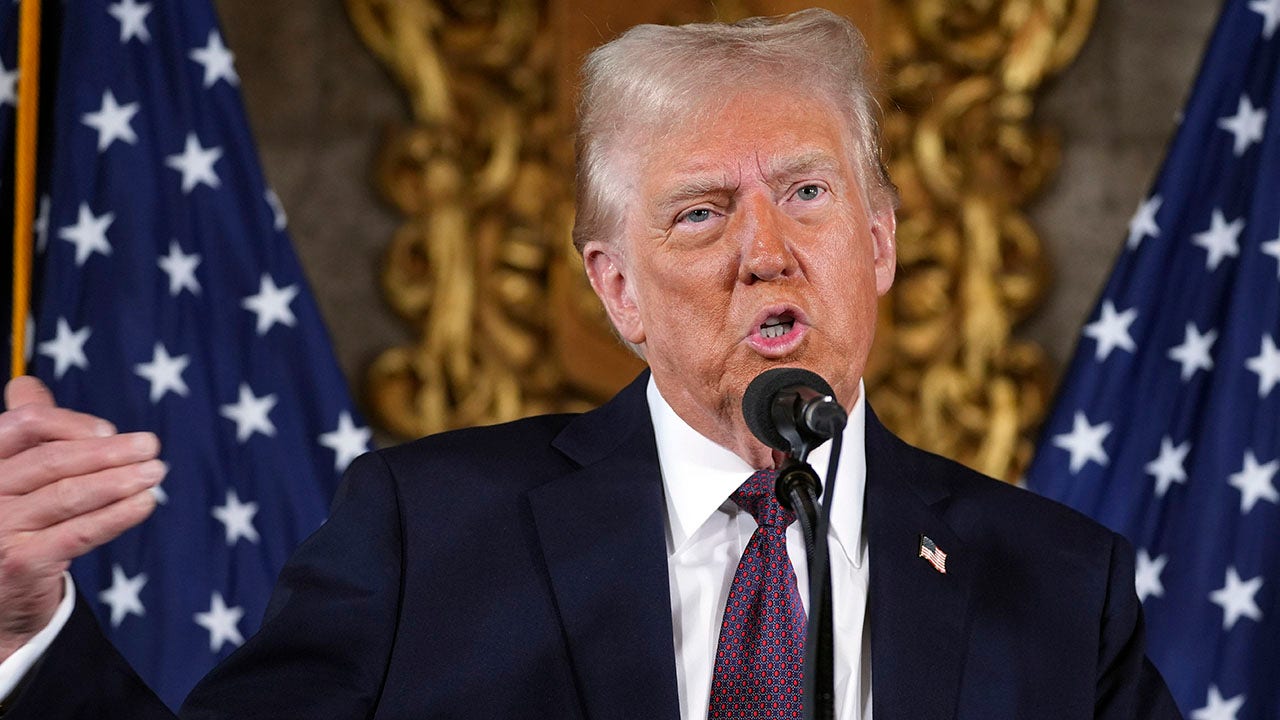More than 130 countries are members of the bloc – the largest grouping of the global South, representing 80 percent of the planet’s population – and their solidarity and partnership are essential to building a sustainable, peaceful, and just world for all, he said.
“Let us face it: those that benefit most from the present global governance system are unlikely to lead its reform. So, momentum for change must come from you,” he told leaders. “I urge you to keep driving these efforts forward.”
Commitments still stand
The Secretary-General was in the Ugandan capital this weekend to participate in the Summit and the latest meeting of another UN partner, the Non-Aligned Movement (NAM), held on Saturday.
He outlined many of the challenges facing the world today, including achieving the Sustainable Development Goals (SDGs) by the 2030 deadline as well as ensuring economic recovery from the COVID-19 pandemic, respect for human rights, and climate action.
“While South-South cooperation is strong and deepening, it does not replace the need for the respect of the commitments of the global North – for sustained engagement to reduce poverty and inequality, support growth, and build resilience in developing countries,” he said.
Furthermore, peace “is breaking down amidst a climate of global impunity”, with wars in Sudan, Ukraine, the Middle East and beyond. These conflicts are devastating lives, fuelling mass displacement, disrupting global supply chains and threatening to set entire regions alight.
An 11-year-old girl sits on the rubble of a house in Rafah, in the southern the Gaza Strip.
Middle East ‘tinderbox’
Highlighting the conflict in Gaza, the Secretary-General warned that “the Middle East is a tinderbox”, and called for action to prevent spillover across the region. He again stressed the need for an immediate humanitarian ceasefire, access for humanitarian aid, and the immediate and unconditional release of all hostages.
“The repeated refusal yesterday to accept the two-State solution for Israelis and Palestinians is totally unacceptable, as I told the summit of the Non-Aligned Movement,” he said.
“The denial of the right to statehood for the Palestinian people would indefinitely prolong a conflict that has become a major threat to global peace and security; exacerbate polarization; and embolden extremists everywhere.”
Outdated international system
Although righting our troubled world requires effective global action, Mr. Guterres said “the current international system is out of date, out of time, and out of step” as it was established when many G-77 countries were still colonized.
He called for reform of the UN Security Council, saying it is paralyzed by geopolitical divisions while its composition does not reflect the reality of today’s world. The Council is comprised of 15 members, and five – China, France, Russia, the United Kingdom and the United States – have the right to veto any resolution.
Similarly, the global financial system established after the Second World War, which “failed to provide a global safety net for developing countries in distress”, must also be reformed to be more inclusive.

United Nations Secretary-General António Guterres meets with G77 leaders during the Third Southern Summit held in Kampala, Uganda.
Hope lies ahead
“Yet, amidst all this gloom, there is hope,” Mr. Guterres said, pointing to the SDG Summit last year and its strong political declaration, and the Summit of the Future this September provides an opportunity to build on that success.
“It is a chance to create the conditions for countries to achieve the SDGs. To find consensus on frameworks to address new challenges. And to build a better world for us all,” he said, noting that the Summit will also consider deep reforms of the international financial architecture.
Calling for the G-77 to unite against climate catastrophe, Mr. Guterres urged members “to hold developed countries to account for climate justice, and for leading an equitable and just transition, based on the phaseout of fossil fuel and massive investment in renewable energy.”
Financial commitments made by richer countries also must be met, and clarification on the $100 billion promised annually for climate action as well as doubling adaptation finance by 2025 are mere starting points.
While the Loss and Damage Fund marks a step forward, “we must call for meaningful contributions that have not yet been announced,” Mr. Guterres said.
As new technologies can turbocharge progress toward the SDGs, he expressed hope that the proposed UN Digital Compact will be adopted at the Summit of the Future.
He added that a newly created expert body has made preliminary recommendations on global Artificial Intelligence (AI) governance, including for accelerating sustainable development.
Another advisory board is working to ensure scientific breakthroughs are shared equally for the benefit of all people.
Seize the opportunity: Assembly President
The President of the UN General Assembly, Dennis Francis, also delivered remarks at the Summit.
“Now – more than ever – the G77 and all nations must come together and build bridges of dialogue, hope and cooperation to create a more fair, more just and more prosperous world for all,” he said.
Warning that the international community is “quite literally at a fork in the road,” he urged countries to “seize the opportunity of Summits such as this, to rededicate ourselves to our core values – principles that remain as relevant and compelling today as they ever were.”
Echoing the Secretary-General, he upheld the need for urgent reform of multilateral organizations, including the UN, and international financial institutions, “to better recognize and leverage the significance of the Global South.”





